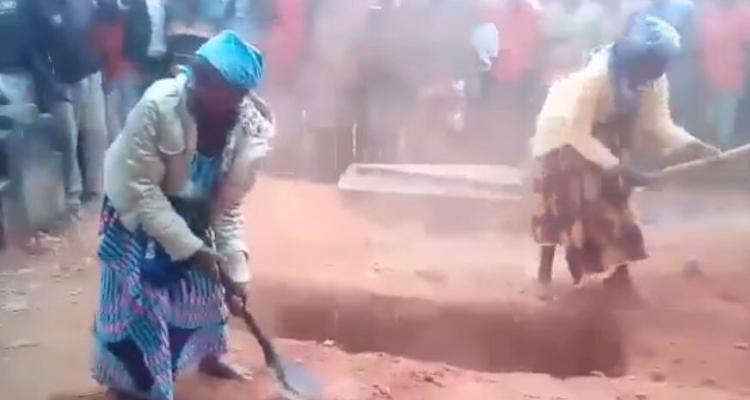
On Saturday, August 10, 2024, the Advocacy for Alleged Witches (AfAW) will mark this year’s World Day Against Witch Hunts. The Pontifical Mission Societies (known in German as missio) created this day. It aims to shed light on the problem of witch hunts across the globe. At AfAW, we are organizing activities across Nigeria to highlight this issue. The theme for this year’s event is “Challenging Religious Leaders’ Role in Witch Hunts.” There will be two events in Owerri, Imo State, and Makurdi, Benue State. These programs will allow victims to share their experiences and tell their side of the story.
AfAW is focusing on the role of religious leaders. Many incidents of witch-hunting have been linked to pastors, priests, diviners, imams, prophets, and prophetesses. These religious actors claim to have powers to identify and subdue ‘witches.’ There is no evidence to support such claims. Some of these individuals carry out witch hunts themselves, or they motivate believers to accuse and persecute alleged witches. People who fear or believe in witchcraft often consult with them to confirm their suspicions. In some cases, families and communities hire witch hunters for a fee. They invite them to cleanse and purge their places of these so-called occult forces. These self-proclaimed witch-finders often accuse innocent individuals, who are then attacked, tortured, or even murdered. Witch hunters incite, sanctify, and perpetrate horrific abuses with impunity in the community. Yet, they are seldom arrested. They are rarely prosecuted or brought to justice.
AfAW has intervened in several cases linked to witch-hunting pastors and clerics. In Cross River State, the Advocacy for Alleged Witches has been advocating for Helen Ukpabio of the Liberty Gospel Church. They want her to be brought to justice. They want her prosecuted for her witch-hunting activities in the region. Witch hunting will not stop until witch hunters like Ukpabio are held accountable. Ukpabio claims to be an ex-witch and organizes programs where she purports to identify and exorcize witchcraft. Her programs have been linked to the pervasive cases of witchcraft accusations. These include child witch persecution and stigmatization in the region.
In Edo State, a so-called man of God, locally known as Pastor Sharp Sharp, accused a 90-year-old woman. He also assaulted a chief imam. In Izzi, Ebonyi State, one Prophet Ubadinma and other pastors organized a witch-hunting event. This event led to the abduction and torture of suspected witches. It also resulted in the burning of houses and other properties belonging to the accused. Many charismatic priests and prayer warriors have launched witch-hunting ministries. They use tricks and deceit to fuel witchcraft fears and anxieties. This incites hatred and violence against alleged witches. Several AfAW cases are from Cross River, Adamawa, Plateau, Imo, and Benue. They are linked to the prophecies and exorcisms of these ‘godmen’ and women.
For this year’s World Day Against Witch Hunts, AfAW draws attention to the infamous role of religious leaders. They play a despicable part in this problem. AfAW urges the public to resist these medieval throwbacks and charlatans. The public should oppose and denounce any witch-hunting program or prayer session. These activities cause confusion. They destroy lives and wreak havoc in our communities. Africans should rally against all witch-hunting pastors, priests, and diviners. They should also rally against other exploiters of fear, gullibility, and superstition anywhere in the region.














